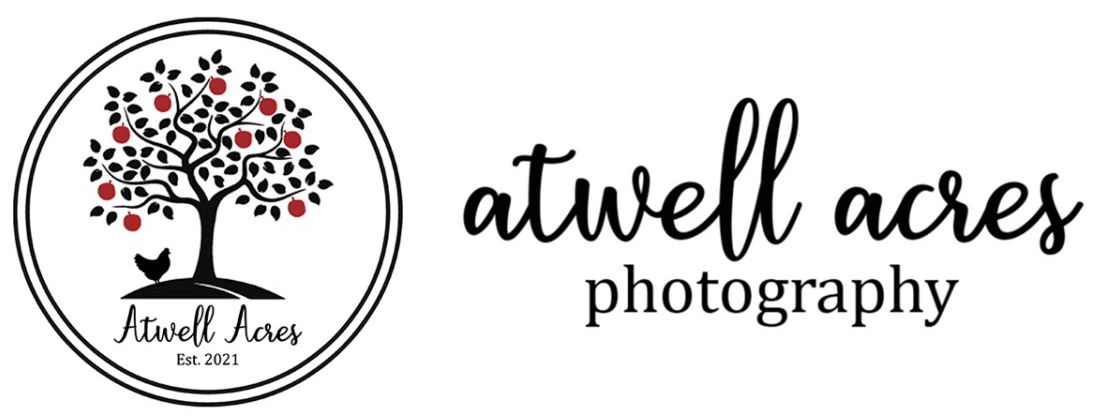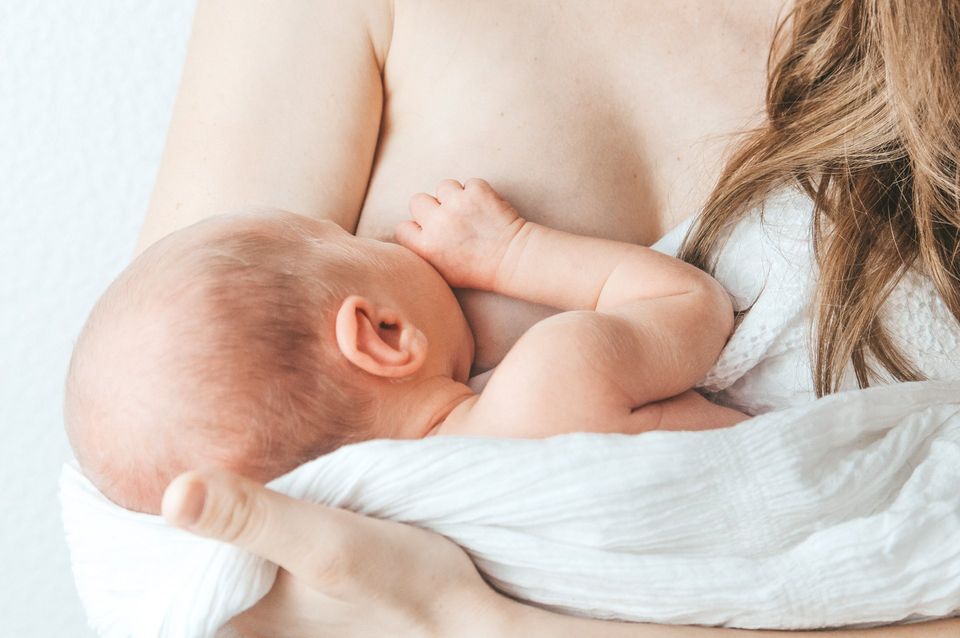Pregnancy, Breastfeeding, and COVID-19
Information on pregnancy and breastfeeding during corona virus
With Texas lifting the mask mandate, some expecting mothers are wondering what that means for them. With a year’s worth of data under our belt, doctors have a better idea of what to expect and who’s at greater risk to develop complications from COVID. The good news is that COVID cases and hospitalizations are down dramatically since the holidays, but it’s important to keep it that way.
While pregnant women may not necessarily be more likely to catch the virus, they are at a higher risk for developing complications (as is the case with other respiratory illnesses, such as the flu). No birth defects are associated with babies born to mothers with COVID; however, prolonged high fevers from any cause may lead to birth abnormalities, such as neural tube malformation ( CDC ). In addition, COVID may be linked to a slightly higher risk of preterm birth – in a study of 600 pregnant women with COVID, 12.6% delivered before 37 weeks ( CDC MMWR ). In general, the U.S.'s preterm birth rate is approximately 10% ( March of Dimes Peristats ).
The risk for severe illness and death is still relatively low, but it’s still vital to take extra precautions to protect yourself and your baby.
Pregnancy
Is COVID transmitted to my baby during pregnancy?
Probably not. While a few newborns have tested positive shortly after birth, it’s unknown whether they got it in utero or after birth from an infected parent. Research is still limited, but the virus has not been detected in amniotic fluid or breastmilk ( Kids Health ).
Should I get the COVID vaccine during pregnancy?
First, discuss the COVID vaccine with your healthcare provider to determine what’s best for you and your baby. Research is still limited on the vaccine and pregnancy. However, to date, no complications have been documented regarding fertility, pregnancy, birth abnormalities, or premature birth. It’s thought to be safe for pregnant and breastfeeding mothers and is often recommended for those with high-risk pregnancies. The vaccine may also provide some protection for your baby after birth.
The COVID vaccine is an mRNA vaccine. The COVID vaccine:
· does NOT contain any virus particles, inactivated or live – you cannot get the virus from the vaccine ( US Dept. of Human Health Services ).
· does NOT alter your DNA and cannot interact with genetic material ( CDC )
· mRNA particles do NOT stay in your body and are eliminated within a few days ( Harvard Health )
How can I protect myself and my baby during pregnancy?
· Try to limit public exposure and stay away from crowded areas.
· Wash your hands with soap and warm water often. Use at least 70% alcohol hand sanitizer when soap and water are not available.
· Wear a snug-fitting face mask when you’re away from home.
· Work with your employer to find ways to keep you safe, such as remote work or limited contact with others if possible.
· Postpone gatherings and outings – consider a virtual baby shower.
Should I allow visitors after delivery?
Most hospitals are either not allowing or limiting the number of visitors. Once you’re home, it’s important to limit unnecessary social contact for a while. Your baby’s immune system is still developing, and even the common cold can pose a threat to your tiny baby. If you have visitors, try to maintain a safe distance, wear face masks, and thoroughly wash hands and arms.
Breastfeeding
Is it safe to get the vaccine while breastfeeding?
Yes, the American College of Obstetricians and Gynecology recommends getting the vaccine while breastfeeding because your body will produce antibodies that will protect your baby from the virus. Your baby will get those antibodies through your milk ( ACOG ).
Can my baby catch COVID through breastmilk?
More research is needed, but the virus has not been detected in the breastmilk of mothers with COVID. The breastmilk itself is safe and recommended for your baby. However, if you do have COVID, being in close contact with your newborn (such as breastfeeding) could put your baby at risk for catching the virus. Instead, you might want to pump until you are well. If you prefer to breastfeed directly, shower, change clothes, wash hands, and wear a mask while breastfeeding to protect your baby. Do not cover your baby’s face, nose, or mouth.
Will my baby get any protection from my breastmilk?
Yes! Your breastmilk provides excellent protection for your baby. The virus does not get into your milk supply. If you’ve had COVID or the vaccine, your baby will get the COVID antibodies through your breastmilk for protection against the virus.
Follow Us
Megan is a newborn, family, & pet photographer located in New Hampshire (NH), serving the NH, VT, ME, MA, Boston and New England area.
To learn more about newborn or family photography packages pricing contact Megan.
Atwell Acres, LLC





